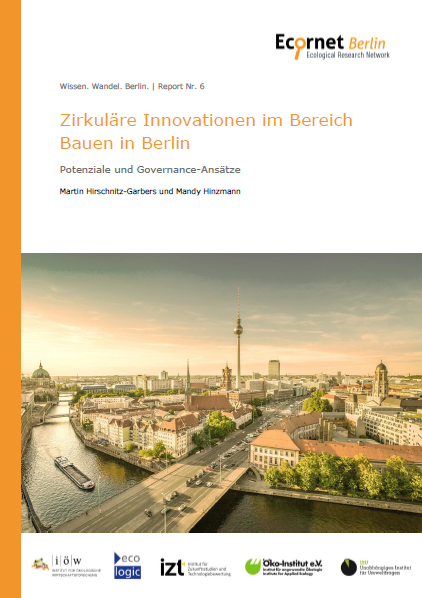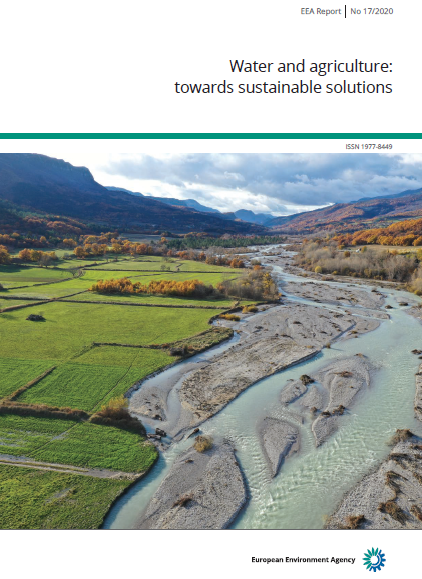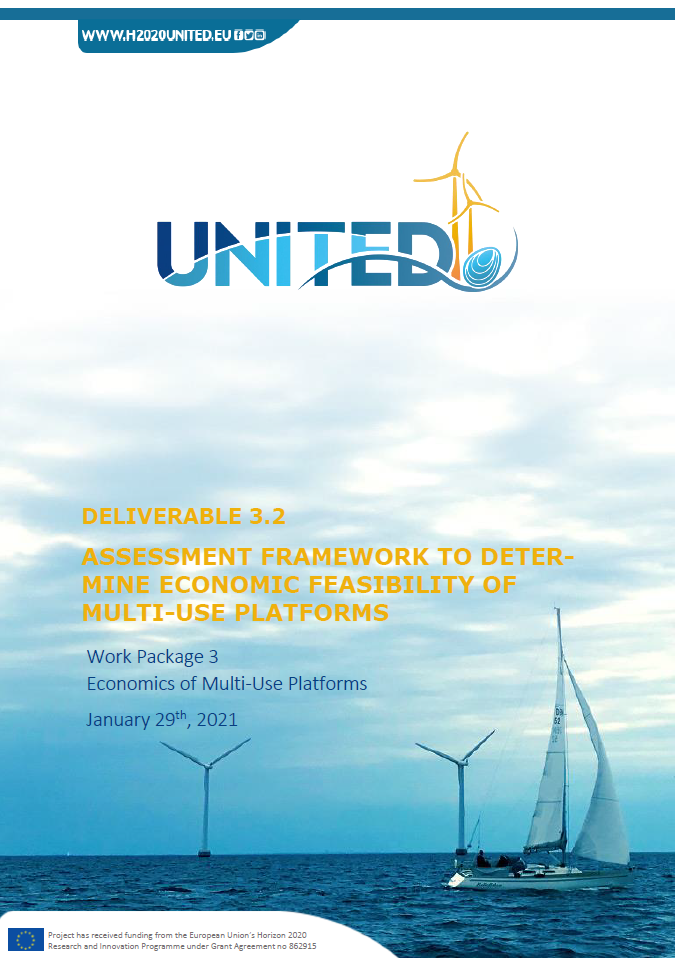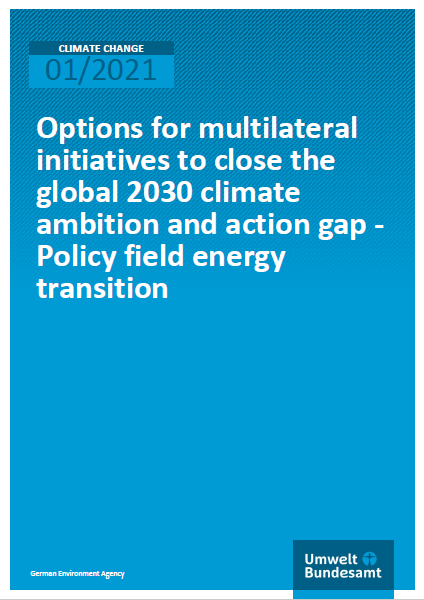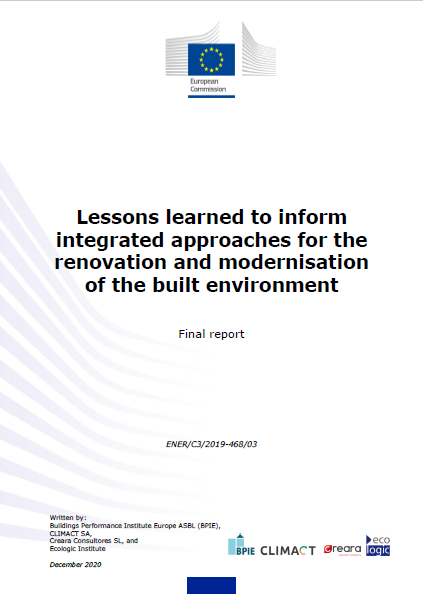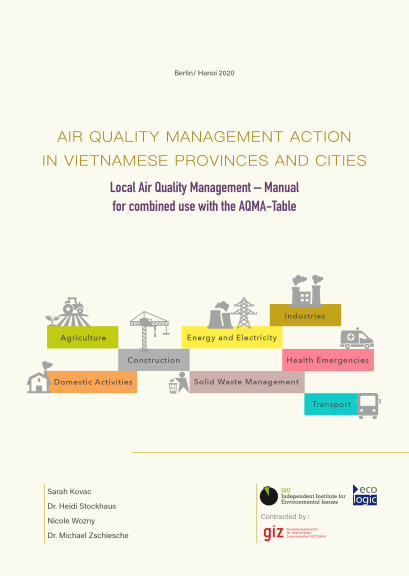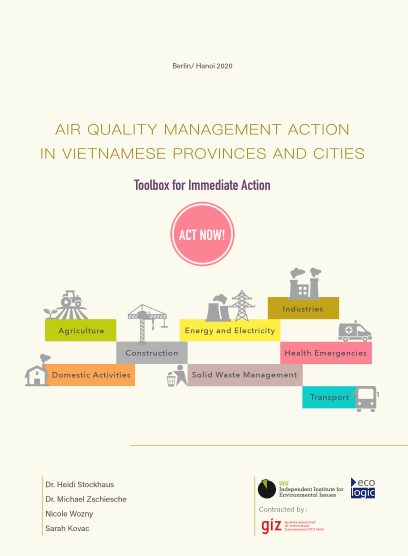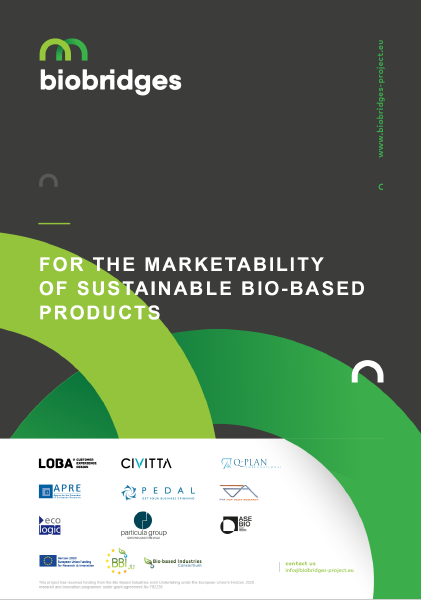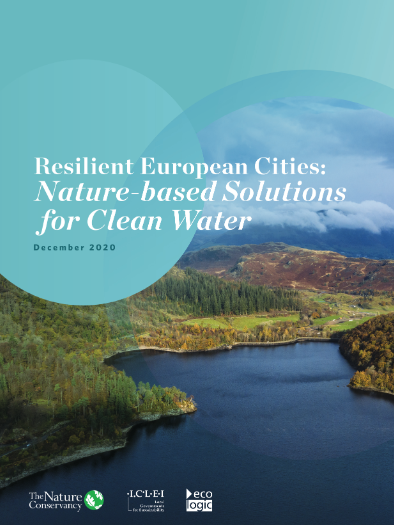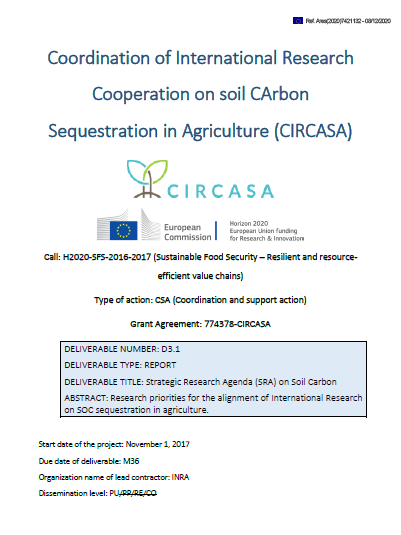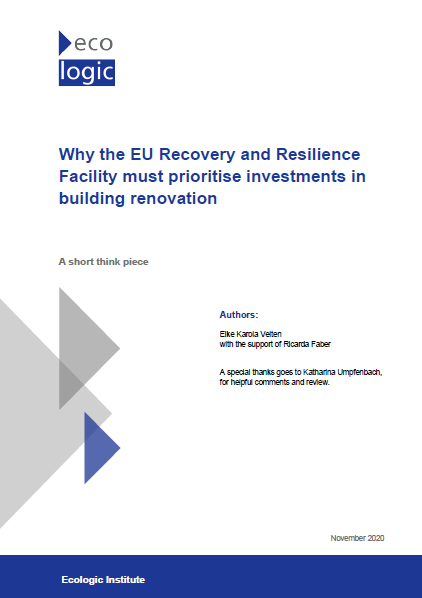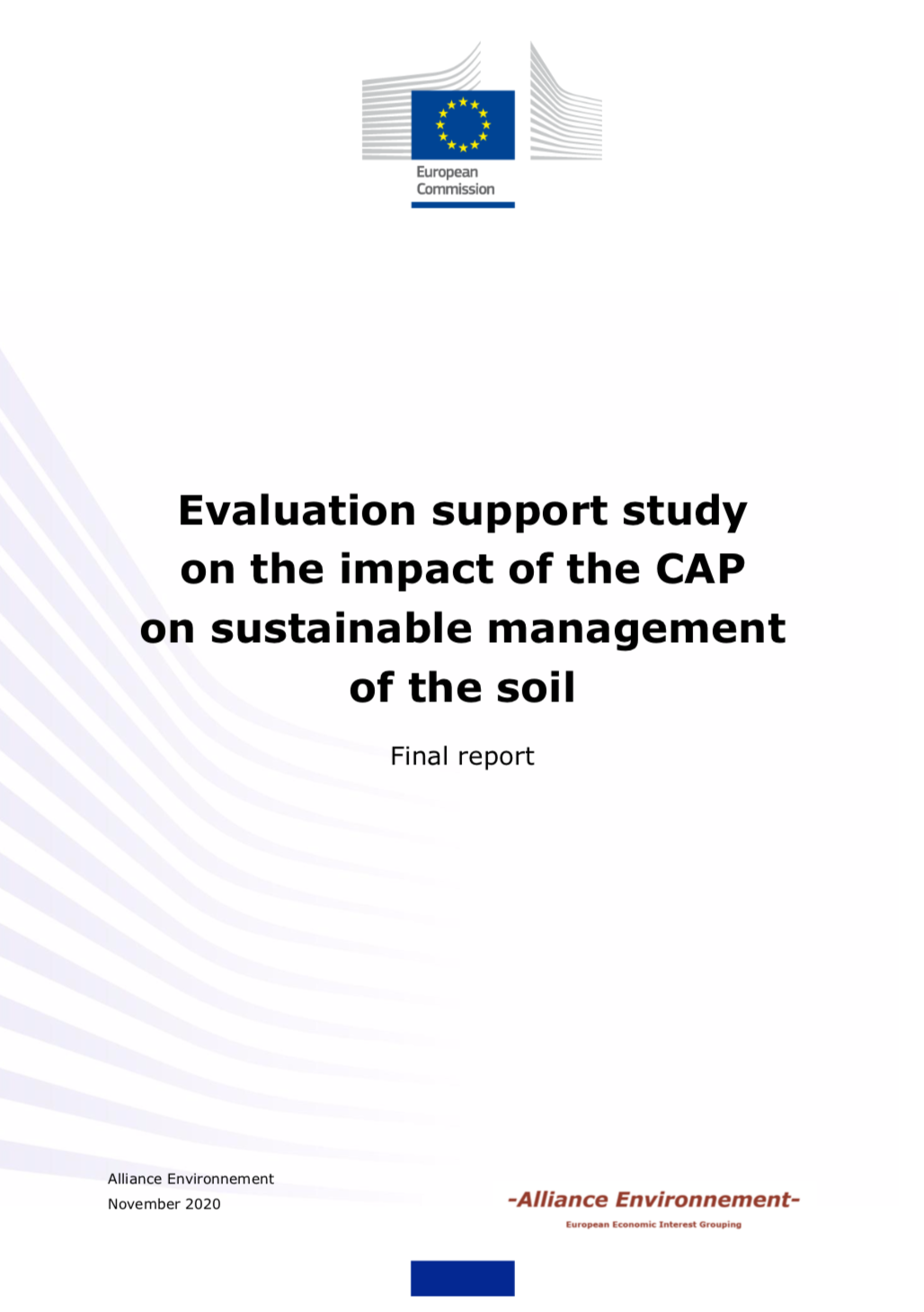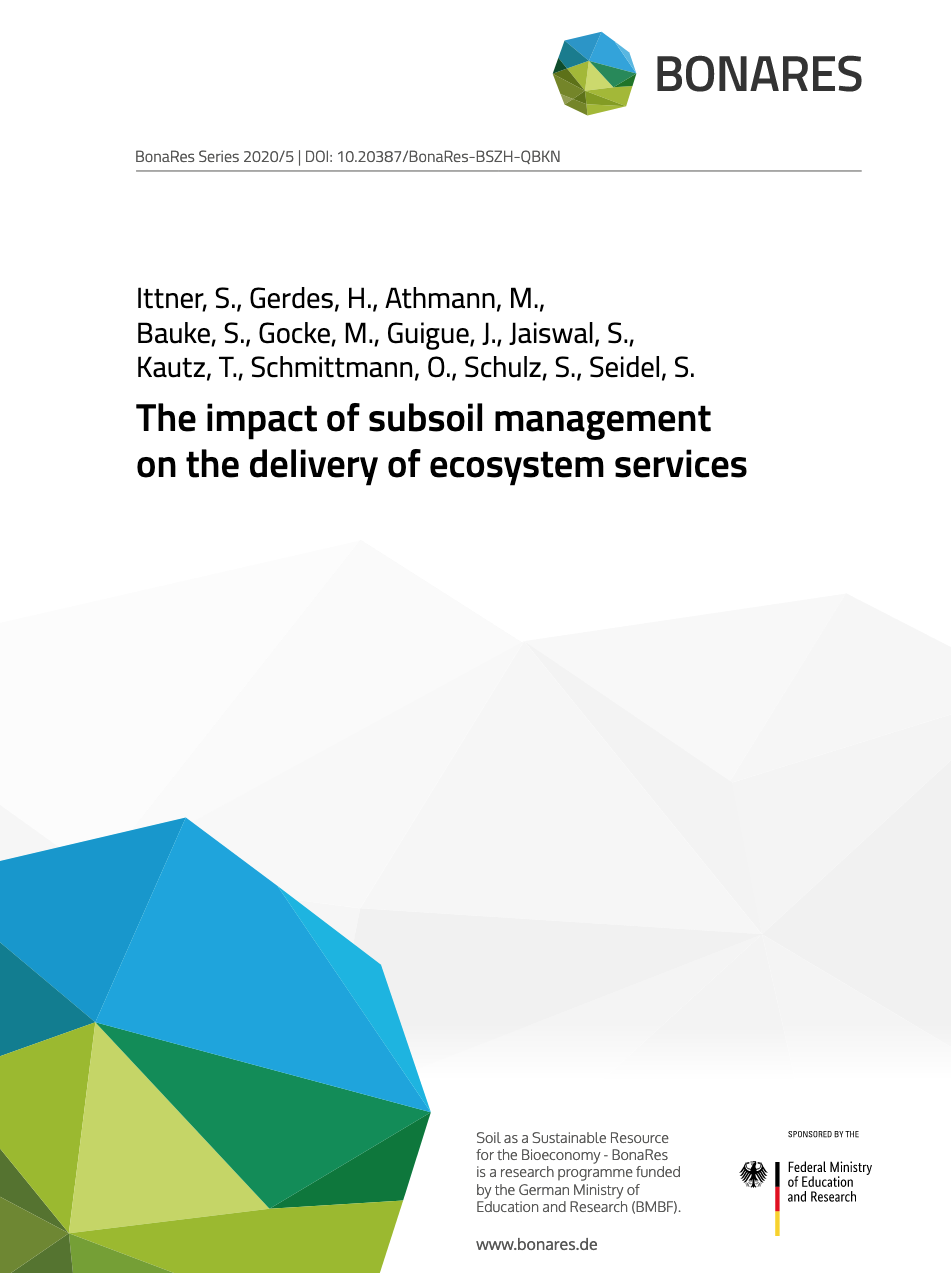Publication:Report
Publication:Report
Publication:Report
Publication:Report
Publication:Report
Options for Multilateral Initiatives to Close the Global 2030 Climate Ambition and Action Gap
Policy field energy transition
Year
Read morePublication:Report
Lessons Learned to Inform Integrated Approaches for the Renovation and Modernization of the Built Environment
Final Report ENER/C3/2019-468/03
Year
Read morePublication:Report
Air Quality Management Action in Vietnamese Provinces and Cities
Local Air Quality Management – Manual for combined use with the AQMA-Table
Year
Read morePublication:Report
Air Quality Management Action in Vietnamese Provinces and Cities
Toolbox for Immediate Action
Year
Read morePublication:Report
Publication:Report
Publication:Report
Publication:Report
Why the EU Recovery and Resilience Facility Must Prioritise Investments in Building Renovation
A short think piece
Year
Read morePublication:Report
Publication:Report
Publication:Report
